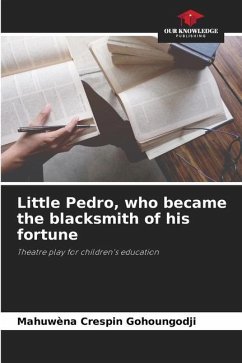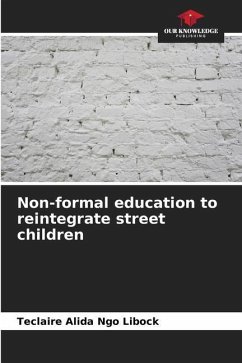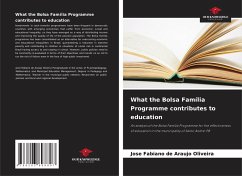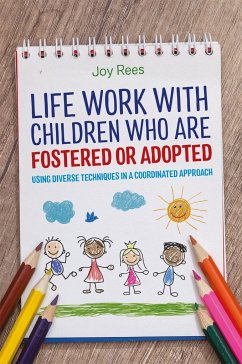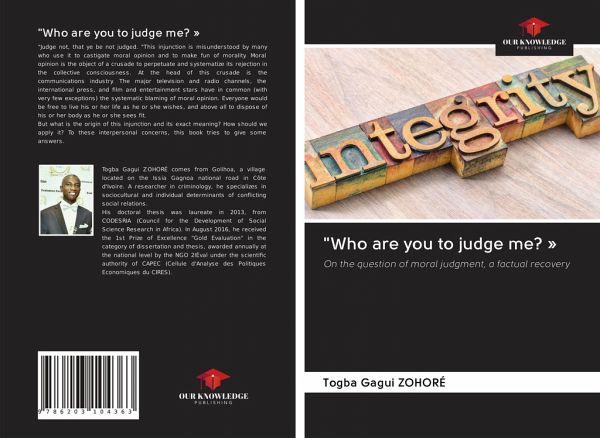
"Who are you to judge me? '
On the question of moral judgment, a factual recovery
Versandkostenfrei!
Versandfertig in 1-2 Wochen
36,99 €
inkl. MwSt.

PAYBACK Punkte
18 °P sammeln!
"Judge not, that ye be not judged. "This injunction is misunderstood by many who use it to castigate moral opinion and to make fun of morality. Moral opinion is the object of a crusade to perpetuate and systematize its rejection in the collective consciousness. At the head of this crusade is the communications industry. The major television and radio channels, the international press, and film and entertainment stars have in common (with very few exceptions) the systematic blaming of moral opinion. Everyone would be free to live his or her life as he or she wishes, and above all to dispose of ...
"Judge not, that ye be not judged. "This injunction is misunderstood by many who use it to castigate moral opinion and to make fun of morality. Moral opinion is the object of a crusade to perpetuate and systematize its rejection in the collective consciousness. At the head of this crusade is the communications industry. The major television and radio channels, the international press, and film and entertainment stars have in common (with very few exceptions) the systematic blaming of moral opinion. Everyone would be free to live his or her life as he or she wishes, and above all to dispose of his or her body as he or she sees fit. But what is the origin of this injunction and its exact meaning? How should we apply it? To these interpersonal concerns, this book tries to give some answers.




